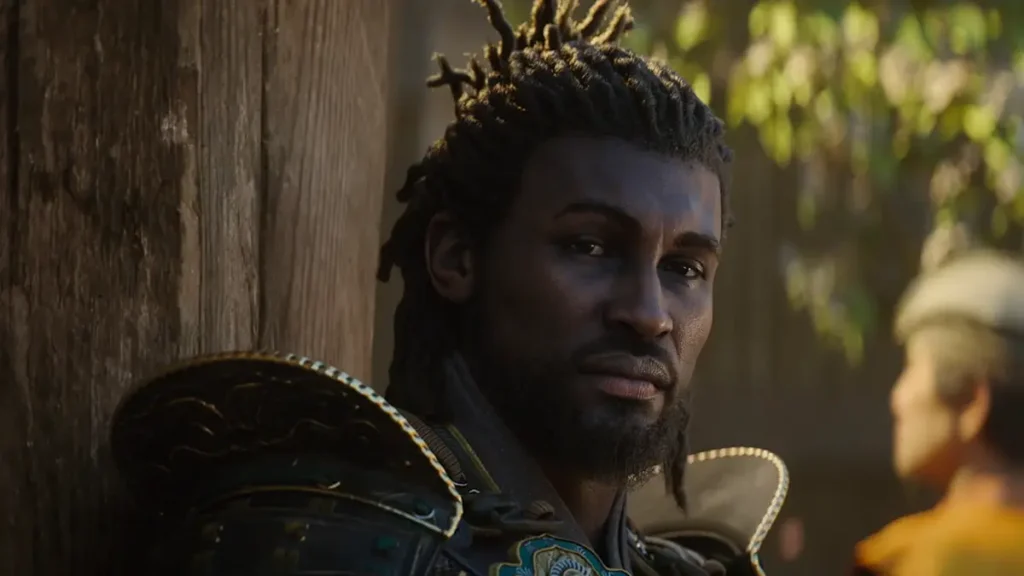
X user @laymans8 did gamers a huge favour, inspected and then posted the historical records about the black slave Yasuke, who was re-imagined as a real life historical samurai in Ubisoft’s upcoming Assassin’s Creed Shadows video game.

RELATED: Wikipedia Wars Over Assassin’s Creed Shadows’ Black Samurai Yasuke
X user @laymans8 checked the historical records on Yasuke, the original text of the Annual Report of the Society of Jesus in Japan at the National Diet Library, the Nobunaga Koki (chronicle of Oda Nobunaga) and Ietada’s Diary. Posting on X: “The theory that “Yasuke was a candidate for the lord of the castle” had spread overseas, so I checked the original text (Annual Report of the Society of Jesus in Japan) at the National Diet Library. Basically, Yasuke (consistently referred to as Kuroyakko in the text) was strong, had some talent, and was Nobunaga’s favorite, so people in Kyoto were saying, “Maybe he’ll become the lord?” What talent is?”
He admonished non-Japanese to stop believing fictionalised novels about Yasuke, before he went on to summarise the known facts about Yasuke as gleaned from the only existing historical records: “To all the foreigners who think Yasuke is a legendary samurai, please stop believing the thick non-fiction novels by Thomas Lockley, because almost all the information about him can be read in under 2 minutes. 1. Jesuit Annual Report of Japan 2. Ietada Diary 3. Nobunaga Koki”
He starts of with what should be obvious considering that feudal Japan would not have been familiar with Africans, and points out that the historical records indicate that Yasuke was treated as a quriosity from start to end of his limited stay in Japan: “Everything about Yasuke that can be understood from the documents. -The novelty of seeing a black person drew so many people that some died. -Frois’ view of Yasuke was that of a black slave from start to finish. Missionary: “If we put black slaves on display, we can earn 8,000 to 10,000 Coulthards in a short period of time.” “Nobunaga, his son, and his nephew were amused by his black skin and gave him 10 kanmon (approximately 700,000 yen)”
The are no historical records indicating that Yasuke was given official samurai status, received land or received a family name (as has happened to the very few non-Japanese who was granted official samurai status). What the records show is that Yasuke was given a house, a short sword and rice.
Yasuke was not the brave warrior either. Historical records (Luís Fróis’s Annual Report on Japan) gives a brief account of what happened to Yasuke after the death his master Nobunaga: “A black man whom the visitor [Valignano] sent to Nobunaga went to the house of Nobunaga’s son after his death and was fighting for quite a long time, when a vassal of Akechi approached him and said, ‘Do not be afraid, give me that sword’, so he gave him the sword. The vassal asked Akechi what should be done with the black man, and he said, ‘A black slave is an animal (bestial) and knows nothing, nor is he Japanese, so do not kill him, and place him in the custody at the cathedral of Padre in India.”

He didn’t avenge his master’s death, he didn’t commit seppuku, he surrendered. That doesn’t sound like someone who would be venerated as a brave warrior or treated with the respect that a samurai would have commanded. And we haven’t even touched on the question of Yasuke became a master swordsman, skilled archer and good swimmer – all skills required of a samurai – in the three years that he spent in Japan. The answer of course is he didn’t.

Leave a Reply